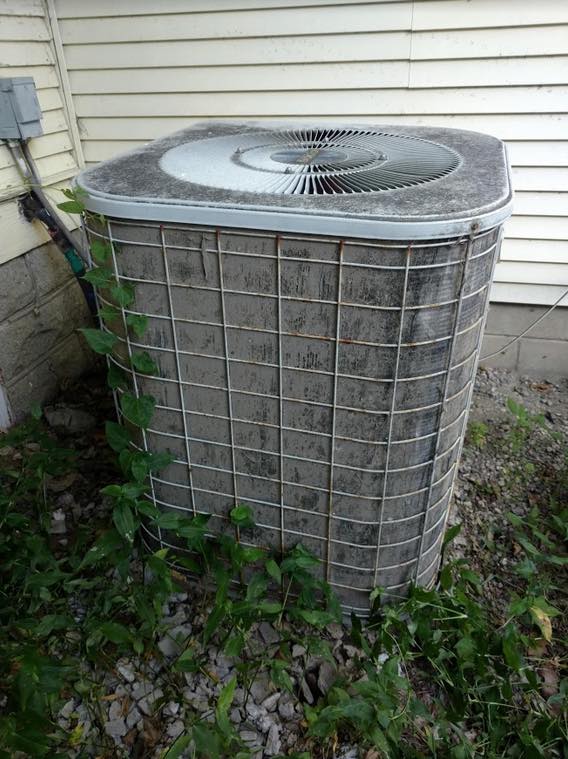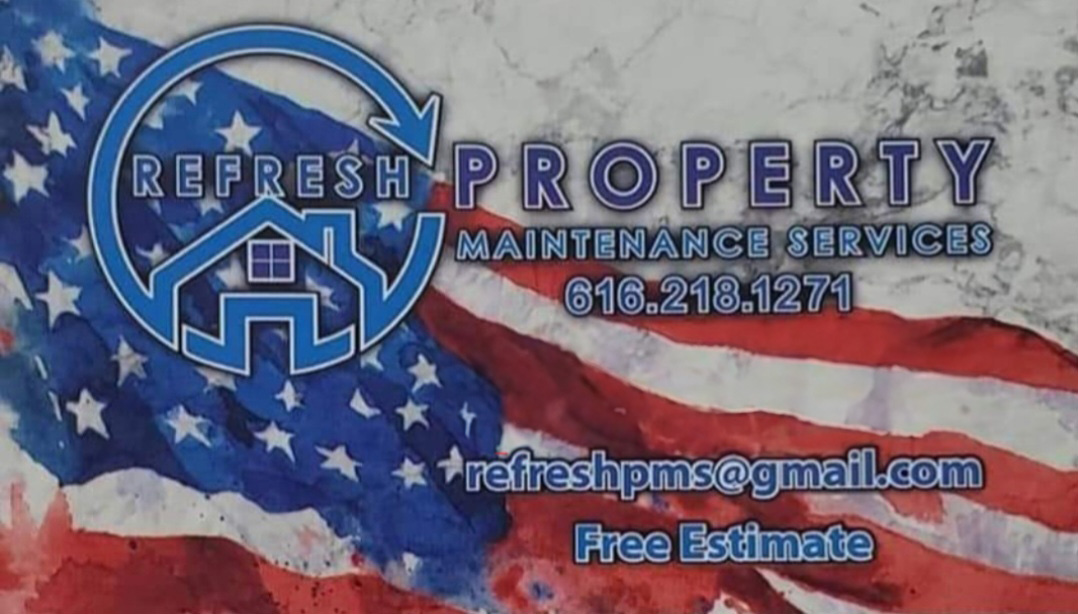
When the condenser coil gets dirty, it inhibits heat transfer, which is critical to efficient cooling. It causes the compressor to work harder, increasing the unit's overall working temperature, and over time, shortening its life. The coils need to stay free and clear of debris in order to allow the appropriate airflow throughout the whole system.
What are the Effects of a Dirty Coil?
The first effect of a dirty condenser coil is a significant reduction in the efficiency of your AC. It can feel like your AC isn’t cooling as you’d like it to, or it takes longer to cool your home. You may also notice that your home feels more humid. That’s because your AC is working harder and can’t keep up with the moisture in the air. In really severe cases, you may even feel your AC blowing hot air. If that happens, it’s best to turn it off and call a professional. But you don’t have to wait for disaster to strike. There’s one easy step you can take to keep your condenser coil clean and your system running at top efficiency.
How to Avoid a Dirty Coil?
The best thing you can do to keep your AC working at its best is to have an annual inspection and cleaning. Not only will this address the coil — cleaning it as needed — but it will also ensure that the other parts of your system are in tip-top shape. An HVAC professional will inspect all the components of your system including the motor, fan, coils, and refrigerant levels. If anything needs repair or replacement, you can get the job done early when it’s least expensive — and when it won’t interrupt keeping your home comfortably cool on the hottest days of the year.
It pays to work with a trusted HVAC professional.
